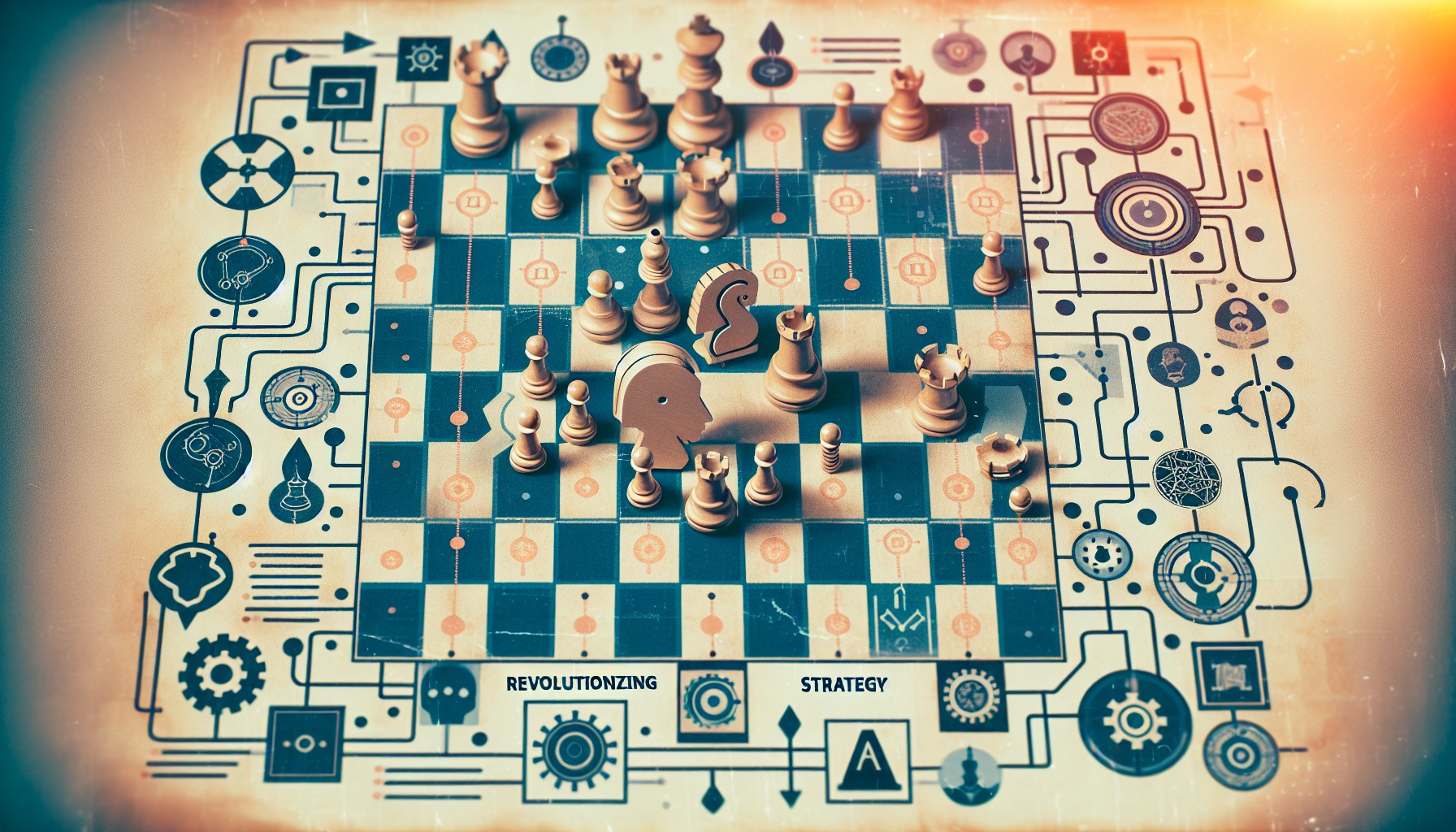In the rapidly evolving landscape of technology, the intersection of game theory and artificial intelligence (AI) is reshaping the way we approach strategic decision-making. As of today, April 12, 2025, AI agents are not only enhancing our understanding of complex systems but are also revolutionizing the strategies we employ across various sectors.
Game theory, a mathematical framework for analyzing competitive situations where the outcome depends on the actions of multiple agents, has long been a cornerstone of strategic thinking. Traditionally, it has been applied in economics, political science, and military strategy to predict and influence the behavior of rational actors. However, the advent of AI has introduced a new dimension to this field, enabling us to simulate and analyze scenarios with unprecedented complexity and precision.
AI agents, powered by advanced machine learning algorithms, are capable of processing vast amounts of data and identifying patterns that would be impossible for humans to discern. This capability allows them to model and predict the behavior of other agents in a game-theoretic context with remarkable accuracy. As a result, businesses and policymakers are increasingly relying on AI-driven game theory models to make informed decisions in areas such as market competition, resource allocation, and conflict resolution.
One of the most significant impacts of AI-enhanced game theory is in the realm of autonomous systems. From self-driving cars navigating traffic to drones coordinating in disaster response scenarios, AI agents are using game-theoretic principles to optimize their actions in real-time. These systems must anticipate the actions of other agents and adapt their strategies accordingly, ensuring safety and efficiency in dynamic environments.
Moreover, AI agents are transforming the way we approach negotiations and collaborations. In the corporate world, AI-driven negotiation tools are helping companies reach mutually beneficial agreements by analyzing the preferences and strategies of all parties involved. This not only speeds up the negotiation process but also leads to more equitable outcomes.
In the public sector, AI-enhanced game theory is being used to tackle complex challenges such as climate change and cybersecurity. By simulating the interactions between various stakeholders, AI agents can identify strategies that maximize cooperation and minimize conflict, paving the way for more effective policy solutions.
As we continue to integrate AI into our strategic frameworks, ethical considerations must remain at the forefront. Ensuring that AI agents operate transparently and fairly is crucial to maintaining trust and accountability in their applications. Additionally, as AI systems become more autonomous, it is essential to establish guidelines that prevent unintended consequences and ensure that human values are upheld.
In conclusion, the fusion of game theory and AI is revolutionizing strategy in the modern age. By harnessing the power of AI agents, we are unlocking new possibilities for understanding and influencing complex systems. As we navigate this exciting frontier, it is imperative that we do so with a commitment to ethical principles and a focus on creating a better future for all.
